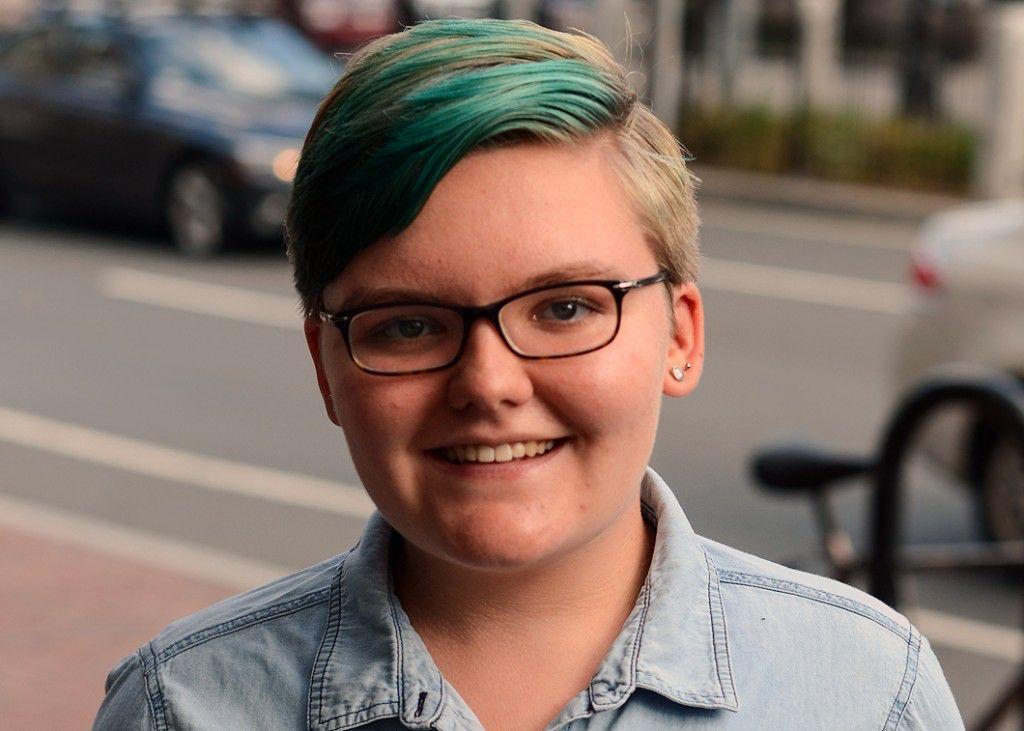I am unbelievably excited about the U.S. Supreme Court’s decision to hear the case that will decide if marriage is a constitutional right for all couples, including same-sex. Someday soon, I will be able to marry whomever I choose, man, woman or somewhere in between, in whichever state I fancy. I’m not planning to get married anytime in the near or distant future, but it’s good news nonetheless.
However, I can’t help but wonder if once this victory is won, people will stop caring about LGBTQ (lesbian, gay, bisexual, transgender and queer) issues. Does LGBTQ activism in America stop after marriage? What about the many LGBTQ people who don’t even want to get married? Marriage is pretty awesome, but it’s far from important compared to the other issues faced by queer people today. Most of these issues aren’t struggles exclusively faced by LGBTQ people. However, they often hit LGBTQ and other minority groups harder. These are only some of them.
LGBTQ people face many health-related disparities, as noted by the Public Interest Government Relations Office of the American Psychological Association. Apart from the disproportionate rates of HIV/AIDS transmission (which still has a huge stigma problem attached to it), various LGBTQ populations are affected by higher rates of suicide thoughts and attempts, breast cancer, HPV and even obesity. LGBTQ people are also disproportionately affected by risk factors such as smoking, alcohol use, substance use, harassment and victimization, which can lead to increased health problems down the road. Despite what the media may want you to believe, a significant amount of LGBTQ people are low-income and have a difficult time accessing healthcare. Even if they do have healthcare, many professionals are not trained or culturally competent enough to understand the specific needs of gender and sexual minorities, which can lead to less than unpleasant experiences.
The rights and needs of the transgender community continuously get left out of the conversation for LGBTQ equality. Transgender people face similar problems as sexual minorities, yet their experiences are often more severe and excluded. One of the largest LGBT equality organizations, the Human Rights Campaign, frequently omits transgender experiences and action from their campaigns. The National Report on Hate Violence Against Lesbian, Gay, Bisexual, Transgender, Queer and HIV-Affected Communities reported in 2012 that transgender people are 3.32 times as likely to experience police violence. Sixteen percent of transgender and gender minority people have been incarcerated, compared to 2.7 percent for the total population. They also made up about half of anti-LGBTQ homicide victims in 2012. All of these disparities are deepened when looking at gender minority communities of color. People who identify as transgender encounter discrimination and transphobia and experience dysphoria in their daily life.
According to a 2012 study conducted by the Williams Institute at the University of California, Los Angeles, LGBTQ youth make up 40 percent of the homeless youth population. An overwhelming number of this population cited their reasons for homelessness as running away or being forced out because of their sexual orientation or gender identity. Homelessness is a risk factor for many other problems, putting LGBTQ youth at a disadvantage. These kids have to worry about putting a roof over their heads and food in their mouths, not about when they can get married.
LGBTQ people still face discrimination in the workplace. Discrimination comes in many forms, including not being hired, being fired or being harassed for their sexual or gender orientation. Being closeted in the workplace can be a taxing and emotionally distressing experience. Transgender people and others whose gender identity or expression might not conform to the norms have a difficult time following dress codes. They might be expected to wear a dress, but feel more comfortable in a suit and tie, or vice versa. Both are equally valid forms of clothing, but are prescribed to gender stereotypes that may or may not be enforced by an employer. This can lead to extra stress and harm in the workplace, a problem marriage will not solve.
The battle for LGBTQ equality does not end with marriage. Once same-sex marriage is legalized, the lives of LGBTQ people will not magically be free of discrimination and disparities. The situation gets worse when you consider the experiences of people who identify with multiple minority identities, which are only now starting to be recognized by the movement as a whole.
The nation’s opinion of same-sex couples is at an all-time high, and legalizing same-sex marriage is a step in the right direction. We, as queer people, allies and a country, must take advantage of the victories to propel our movement forward and improve the experiences of LGBTQ people in America. We must continue to seek equality and justice for all, especially for people who experience intersections of oppression and are silenced by economic and social injustices. And hopefully, as a country, we can become leaders and ensure that LGBTQ people are treated equally and with dignity and respect around the world.




























































































































pembuat website di bali • Mar 18, 2015 at 10:09 pm
Definitely believe that that you said. Your favorite
justification seemed to be at the net the easiest thing to understand of.
I say to you, I certainly get irked even as other people consider worries that they just don’t understand about.
You controlled to hit the nail upon the highest and defined out the whole thing without having side-effects , other folks can take a
signal. Will probably be back to get more. Thanks